1921 (Taisho 10) Thursday, June 30 Around this time, Li Shucheng, who lived in Shanghai, received a request to lend his residence for the first Communist Party Congress. It was from Li Hanjun, the younger brother of Li Shucheng, whom I met in the Communist Party. His brother Li Shucheng is a revolutionary soldier and an old friend of Sun Wen. Li Shucheng had studied in Japan before going to Tokyo to study at the Kobun Gakuin founded by Jigoro Kano. This school is in Ushigome Nishigoken-cho. He studied with Lu Xun and Hwang Heung. He met Sun Yat-sen in Tokyo and became one of the founders of the 1904 China Alliance.
Writer Ryunosuke Akutagawa visited various parts of China from March 28, 1921 to July 17. Later, he published his travel journals as “Shanghai Yuki” and “Konan Yuki.” I am meeting Lee Han-jun in Shanghai. The location is probably Li Shucheng’s mansion, where the first Chinese Communist Party Congress began on July 23. He left a strong impression on Akutagawa.
About Lee Han-jun: “I visited Mr. Lee Han-jun with Mr. Murata. Mr. Li is still 28 years old, a socialist according to his creed, and one of the representatives of the “Young China” in Shanghai. Lee Han-jun is a small boy. I have rather long hair. Slim face. The color is not very good. a witty eye. Small hand. Your attitude is sincere. At the same time, his sincerity also arouses his keen nerves. The impressions of the moment are all right. As if touching a thin and strong spring of a watch. It faces Yo across the table. He wore a large gray robe.” Because Lee Han-jun was in a university in Tokyo, he is fluent in Japanese. It may be better than my Japanese to make the other person understand especially troublesome reasons. And then, not written on the reserve, in the parlour through which we passed, there was a structure in which the ladder of the second floor had directly descended to the corner of the room. Therefore, when they go down the ladder, the guests can see their legs. Even in the figure of Lee Han-jun, the first thing I saw was Chinese shoes. I have never seen any other great men in the world except Lee Han-jun.
Lee Han-jun said. What should China do now? The solution to this problem is not the republican government, nor the reinstatement of the emperor. It is a proof of the past, a proof of the present, and a proof of the present that a political revolution will be helpless in reforming China. We should only strive for a social revolution. This is what the thinkers of the “Young China” who publicized the cultural movement called. Mr. Lee again. If we are to bring about a social revolution, we must rely on propaganda. For this reason, we write. And the Chinese Shijin who awaken them were not indifferent to new wisdom. No, I’m starving to wisdom. But why don’t you stick to this book and magazine which should satisfy the starvation? I swear to you. Writing is the most urgent task. Or as Lee Han-jun said. There is no public opinion in present-day China. No revolution without the will of the people. Not to mention its success. He was also called Lee Han-jun. The seed is in the hand. It is only a wild turnip, or a turnip of power. that our bodies could not be weary of this labor. Then he frowned. I sympathized with Lee Han-jun. Mr. Lee again. What is noteworthy these days is the power of the China Bank Group.
The power behind it does not change, and the tendency of the Beijing government to be influenced by the China Bank Group is a fact that should not be overlooked. You ought not to be sad. What is our enemy? –that our fire should be concentrated in one bank. Yo. Yo was disappointed with Chinese art. The novel and the painting that Yo is looking at are still unsatisfactory. However, if we look at the current situation in China, we may expect that art will flourish on this land, which is rather like being mistaken. I ask you, besides the means of propaganda, that I can afford to care for art. He was called Lee Han-jun. Close to nothing.” This is my only reserve. However, Lee’s way of speaking was very crisp. It is no wonder that Murata, who went with him, admired him by saying, “That man may be smart.” Not only that, but Mr. Lee also said that he had read my novel or something in 12 while he was studying abroad. There is no doubt that he has increased his goodwill toward Lee. A man of virtue like me, as well as a novelist, is full of desire for vanity.
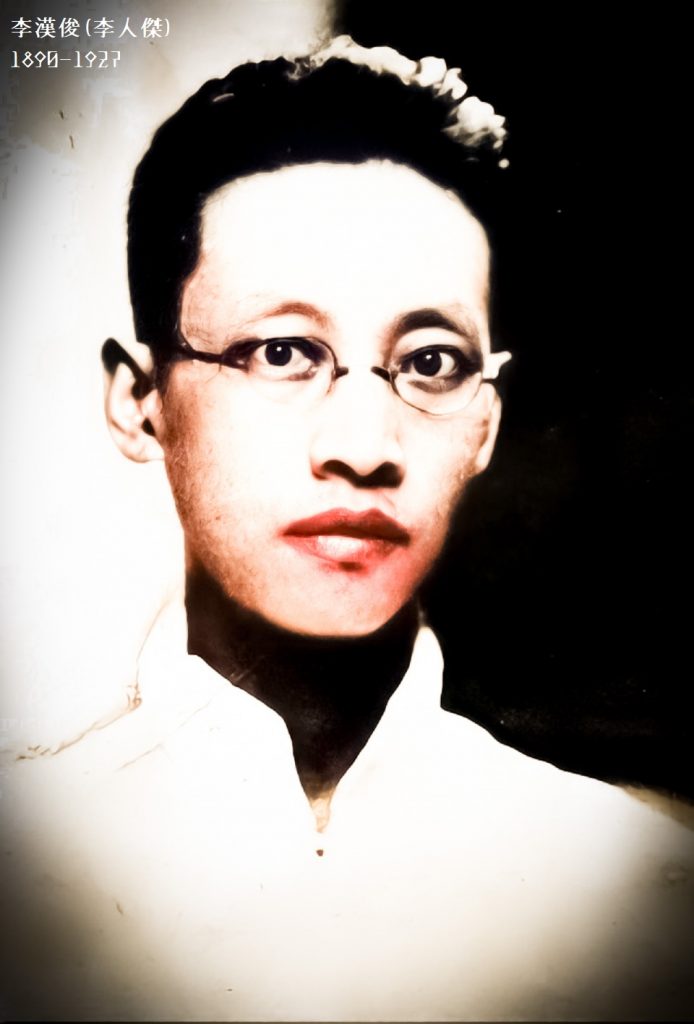
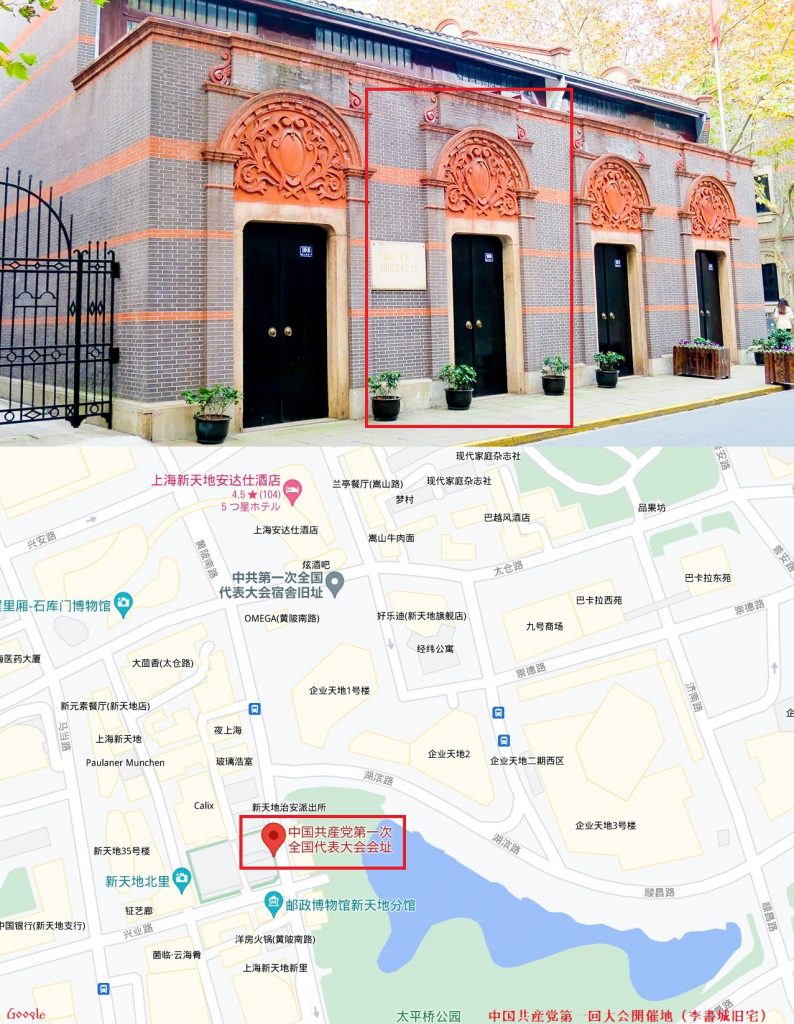
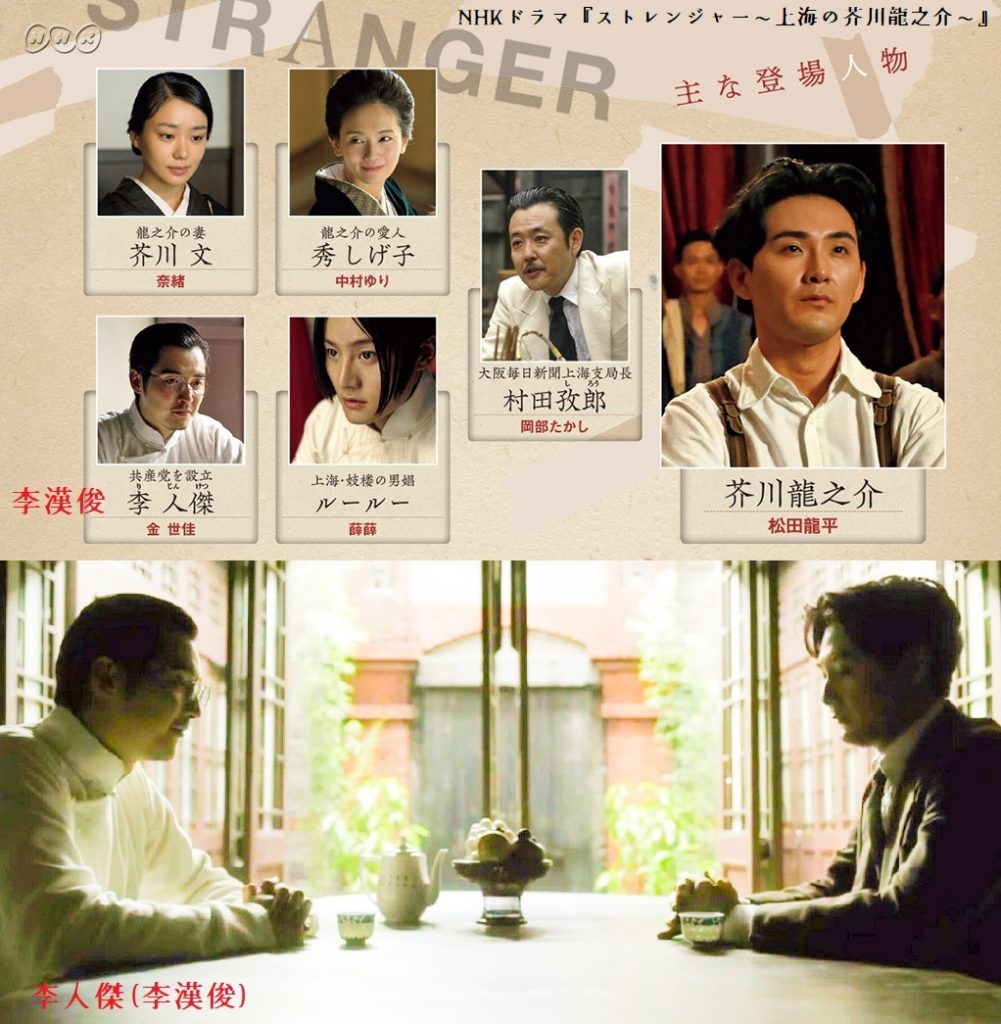

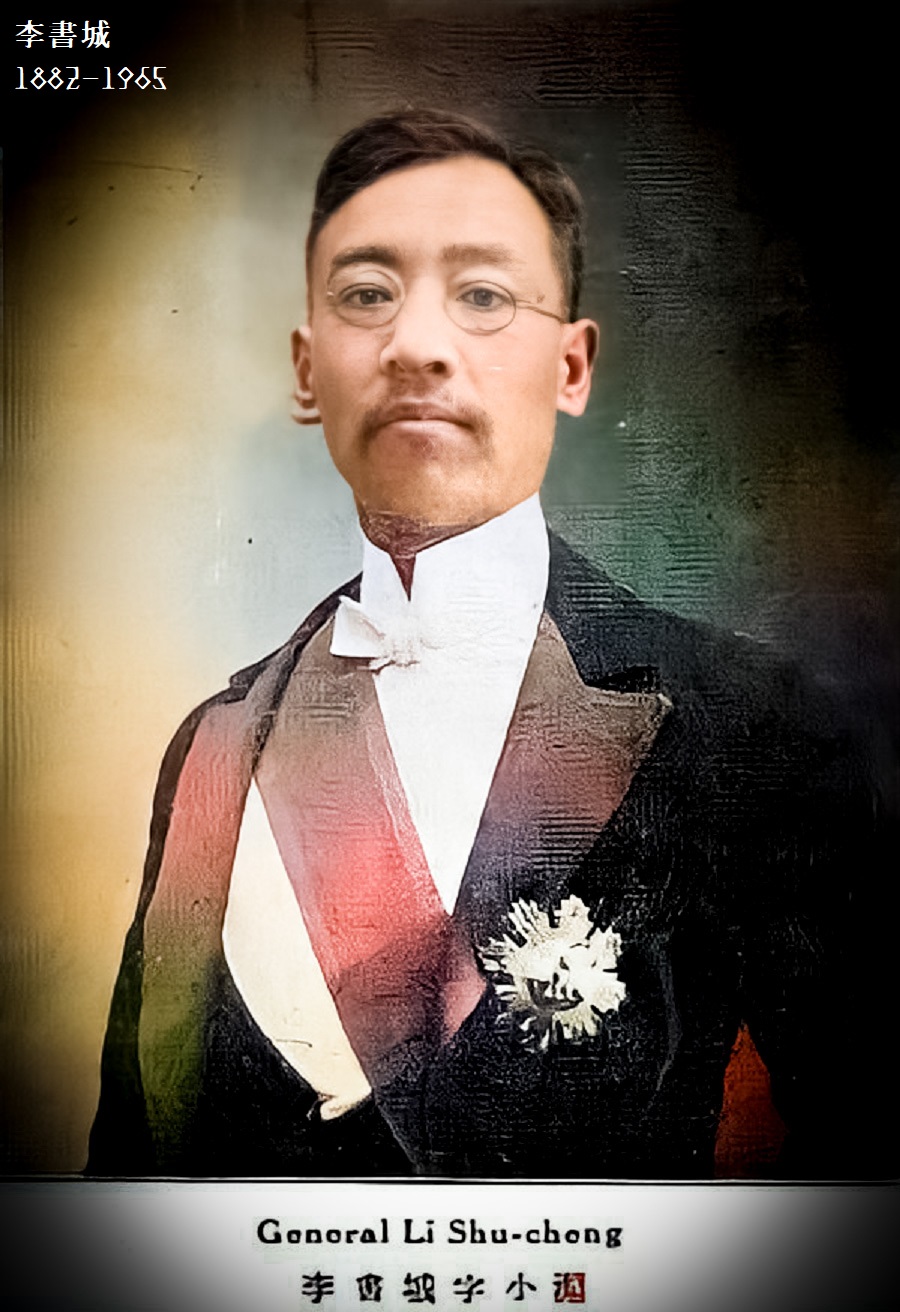
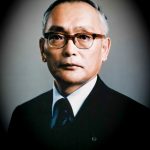
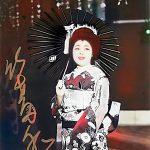

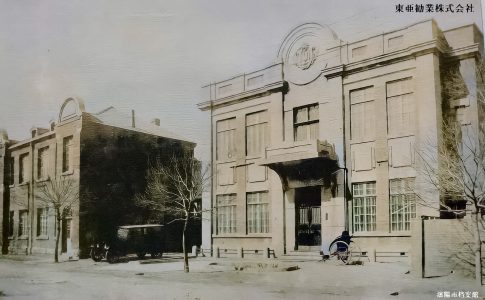
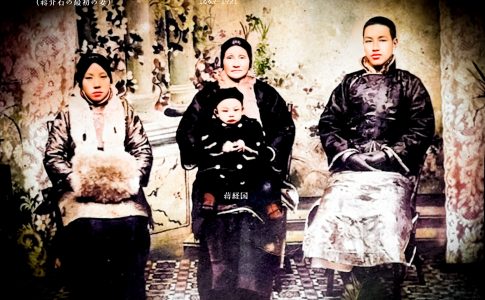
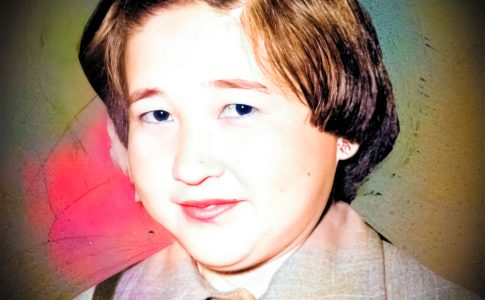
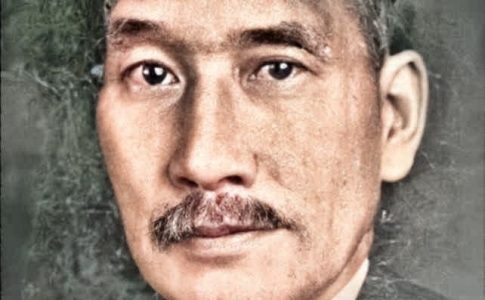
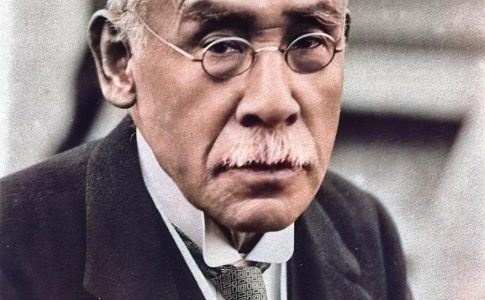
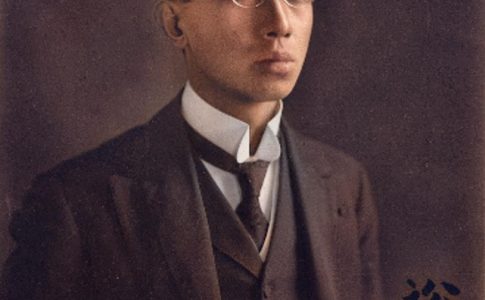
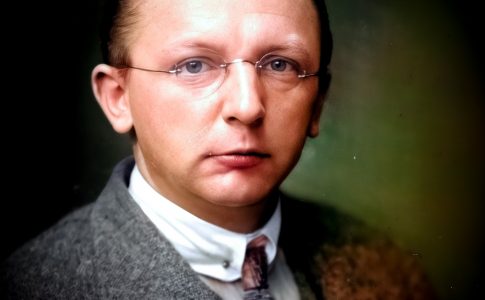
Leave a Reply